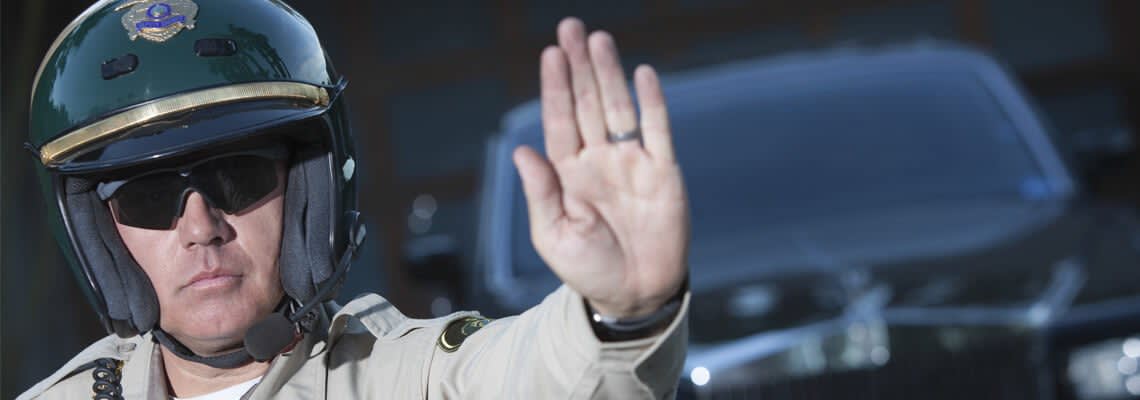
WHAT QUALIFIES AS RECKLESS DRIVING IN VIRGINIA?
If you are pulled over by law enforcement for driving over the speed limit, there is no ambiguity over what type of infraction you may have committed. As straightforward as a possible speeding ticket is to understand, the same cannot be said for reckless driving.
Let's face it, someone's reckless driving is another's regular commute. Reckless driving can be objective, but it can also be deadly.
In Virginia, reckless driving is classified as a Class 1 misdemeanor traffic infraction. It will come with a mandatory fine of $250 and could increase up to $2,500 based on certain circumstances. You can also have the potential to spend up to 12 months in jail.
What Is Reckless Driving?
With such stringent penalties for reckless driving, it is important to understand what qualifies as a citation for this infraction. Excessive speed is one of the most popular ways to receive a reckless driving infraction.
If you think that you can only get a speeding ticket for driving too fast, you may be surprised. In addition to the speeding ticket, the law states that if you are going 20 miles per hour over the limit, you can also face a reckless driving charge.
Other Types of Reckless Driving
Virginia law allows leeway for law enforcement to judge for themselves what is considered unsafe driving that can be considered reckless. Sometimes reckless behavior seen by a police officer is just an attempt to avoid an accident or miss an obstacle on the road.
The distinction can be troublesome in determining reckless driving, but typically any unnecessary weaving, darting through traffic or exaggerated turns can all be fair game for an officer to cite you for reckless driving. Some actions while driving may be flat-out illegal, however, such as going the wrong way on a one way or driving on a sidewalk.
Because reckless driving can come with steep fines and consequences, it can turn into a significant violation. It can be based on an officer's perception of what you may have been doing or it can be a concrete violation of another person's safety.
If you are concerned that your actions behind the wheel have been misconstrued as reckless, you may decide that challenging the charge is your best course of action.
